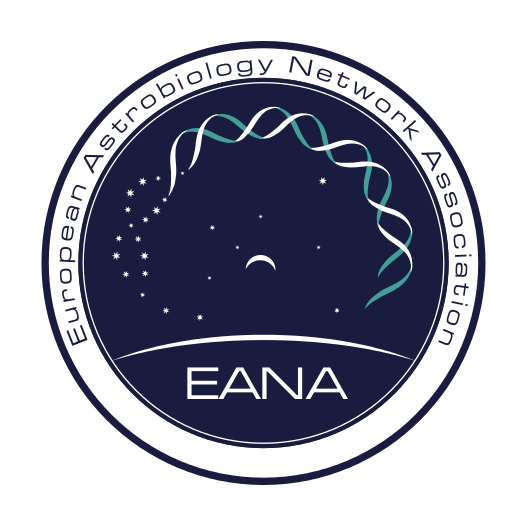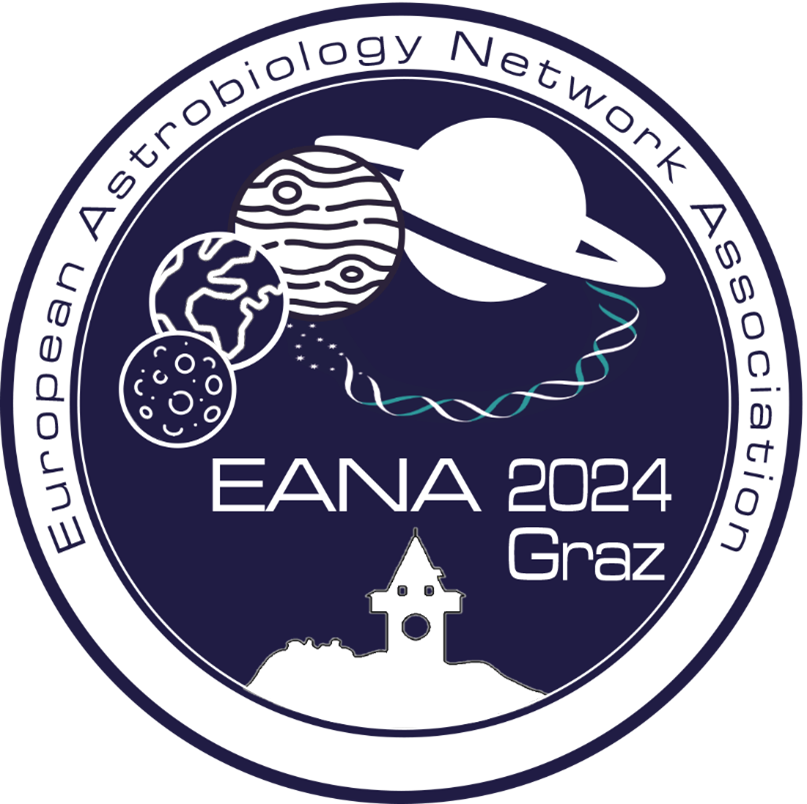 |
Abstract EANA2024-81 |

|
Using microorganisms to extract and cycle elemental resources in space
As humans extend their presence in space it will become necessary to extract, and recycle, elements from local resources and waste. Two experiments were conducted on board the International Space Station: BioRock and BioAsteroid, to study the effects of gravity on the process of biomining. BioRock demonstrated the successful extraction of rare earth elements from basaltic rock by the bacterium Sphingomonas desiccabilis. No effects of microgravity and Mars gravity were observed compared to ground (Earth) control gravity suggesting the potential for biomining in different gravity conditions. We attribute this result to the similar final cell densities achieved in the different gravity conditions. In the BioAsteroid experiment, the successful extraction of platinum group elements (PGEs) was observed from L-chrondrite material using Sphingomonas desiccabilis and the fungus Penicillium simplicissimum under microgravity conditions. Metabolomic analysis was used to investigate the molecular events in the growth of the organisms in microgravity conditions. In all cases, biofilm growth was observed over the rock substrate, showing the formation of microbe-mineral interactions in altered gravity conditions. These experiments show how the space environment causes modification to the processes of bioleaching, but that these processes can be used to microbially alter and extract elements from space resources.
